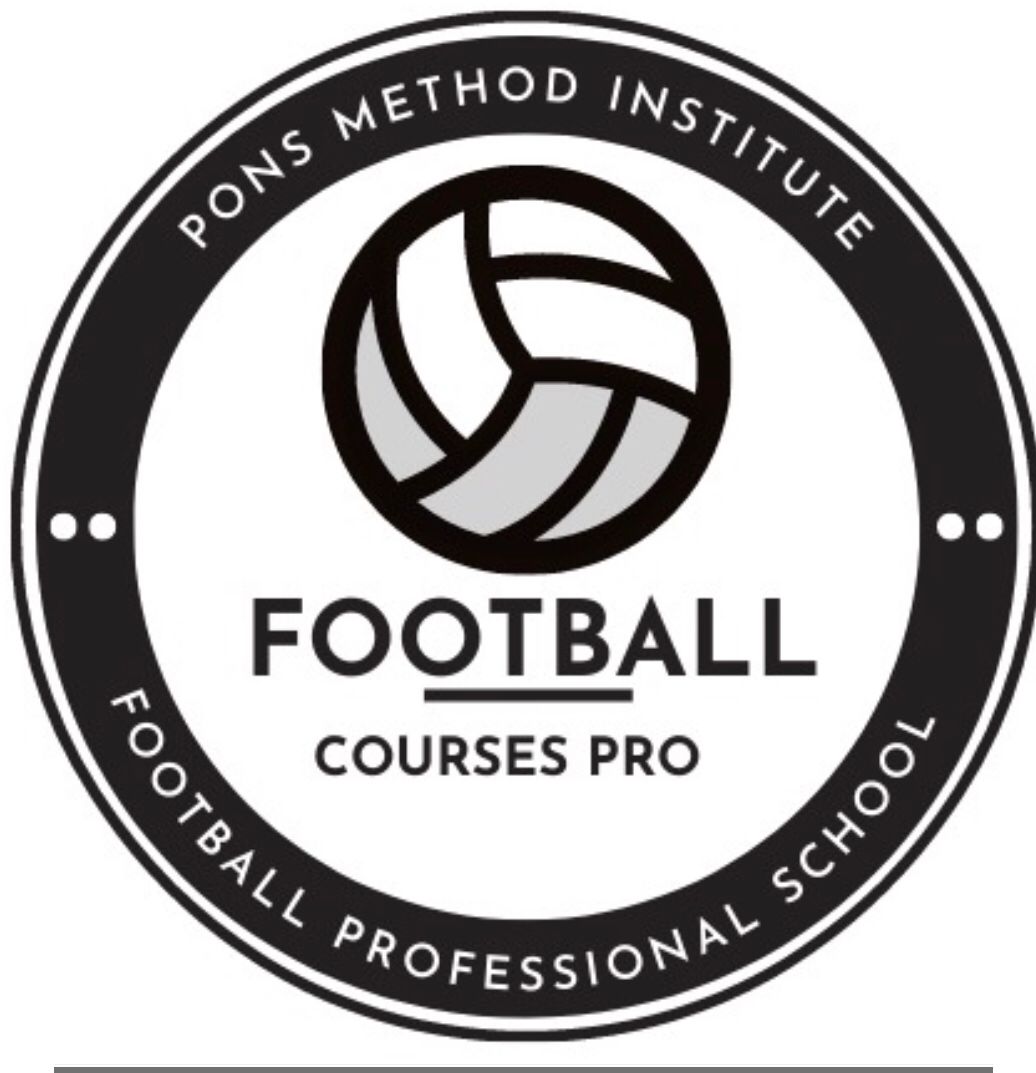The debate over “joystick coaching” or the constant control of the coach over the players in grassroots football is a relevant and often polarizing topic like 20 years ago as the absolute truths exalted towards The Global Method and annihilating The Analytical Method that the years have shown was not real. The recipe falks , the recipe must be the key always .
This approach may produce immediate results, but it tends to limit the long-term development of essential skills such as decision-making and creativity in young players.? Is truth but the antagonism is also truth , Sometimes I get the feeling that coaches only speak from their own perspective, from the perspective of improving their team and maximizing their three best players. A serious mistake, because joystick coaching, which is more passionate, time-consuming and sometimes ineffective, helps many players to speed up the learning process.
However, it is important to contextualize this criticism and understand how, in certain cases, it can be beneficial to provide more direct command, especially with young children who are in early stages of development.
From my experience, both as a trainer of players who have reached professional football and of winning all championships in grassroots categories, I would like to present a perspective that balances both extremes, integrating key principles of the Pons Method.
Context as a Key Determinant
The effectiveness of “joystick coaching” depends on the context. It is not the same to train a group of children who are just beginning to discover football than to train young people in advanced categories.
The Pons Method stresses that personalization and adaptation to context are essential, as mentioned in the Principle of Specific Specialty. Constant guidance can be valuable in teaching the basics of the game, but as the player matures, it is essential for the coach to shift from a directive approach to one of guided discovery, allowing the child to develop his or her ability to make decisions on his or her own.
Teaching Situational Intelligence: More than Direct Control
For optimal development, coaches must find the balance between direct instruction and player autonomy. In a controlled environment, “joystick moments” can be useful in establishing the fundamentals, such as positioning, ball control, and basic decisions in attack and defense. The Pons Method’s Principle of Creating Automated Processes (F.P.M) emphasizes the need to work on both offensive and defensive automations, guiding the player in his or her first steps and helping him or her internalize patterns of play.
The challenge, however, is to allow a progressive transition to a greater degree of autonomy. This approach is consistent with the use of Specific Applied Neuroscience techniques, where players develop greater neural plasticity and perceptual ability through observation and practice of real situations.
The Role of Empathy and Fluid Communication
Not all players respond in the same way to joystick coaching. While some need more instructions to gain confidence, others thrive with freedom to experiment.
The Pons Method’s Collective Individualization Principle reinforces the importance of personalizing tactical objectives and integrating individual progress into the collective. This implies that the coach must maintain fluid communication and be able to adapt his approach according to the player’s personality and stage of development.
Ludic Competence and Intrinsic Motivation
The use of ludic competition dynamics and progressive rewards can transform a joystick coaching environment into something more motivating and participatory. Gamification allows players to actively participate, even while receiving guidance, and promotes deeper and more sustainable learning. For example, simulating realistic game scenarios and offering specific challenges creates a solid foundation for the player to make decisions with confidence.
Conclusion: Balancing Control and Autonomy
Joystick coaching should not be completely demonized or glorified without question. In the end, as coaches, we must be able to identify when the player needs more control and when it is better for them to explore and make decisions.
At the grassroots level, the coach can be a guide and facilitator who builds a bridge between tactical knowledge and free application on the field. By applying the Pons Method, it is possible to create an adaptive and progressive learning environment that fosters both individual and collective development, ensuring that the experience is relevant, educational and, above all, meaningful for each player.
David Pons
Uefa Pro Licence
Ceo Pons Football & The Pons Method institute

